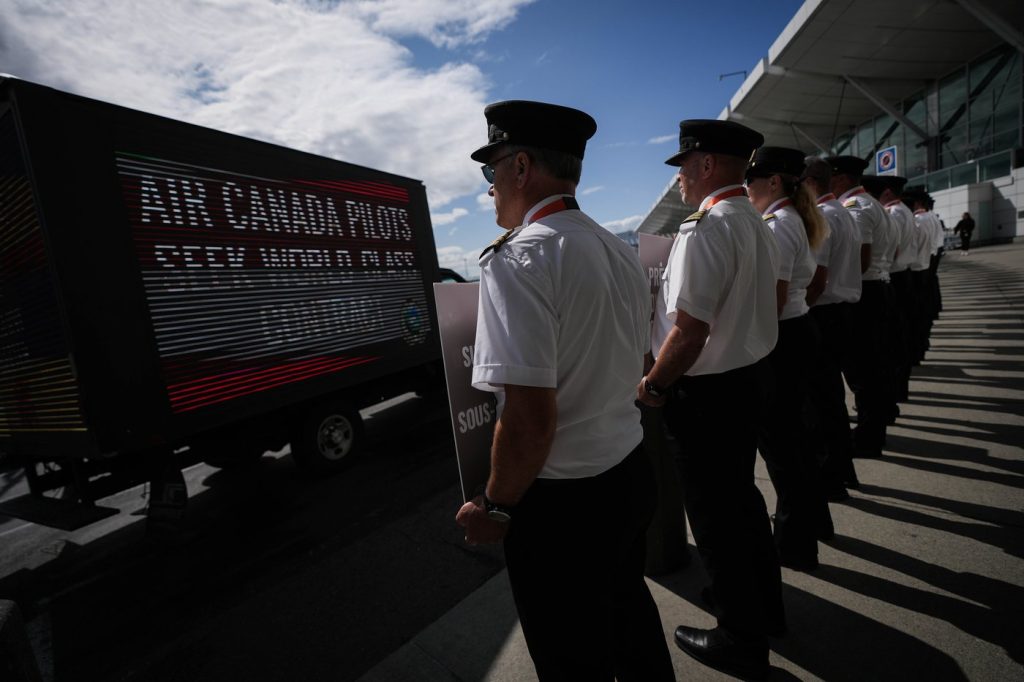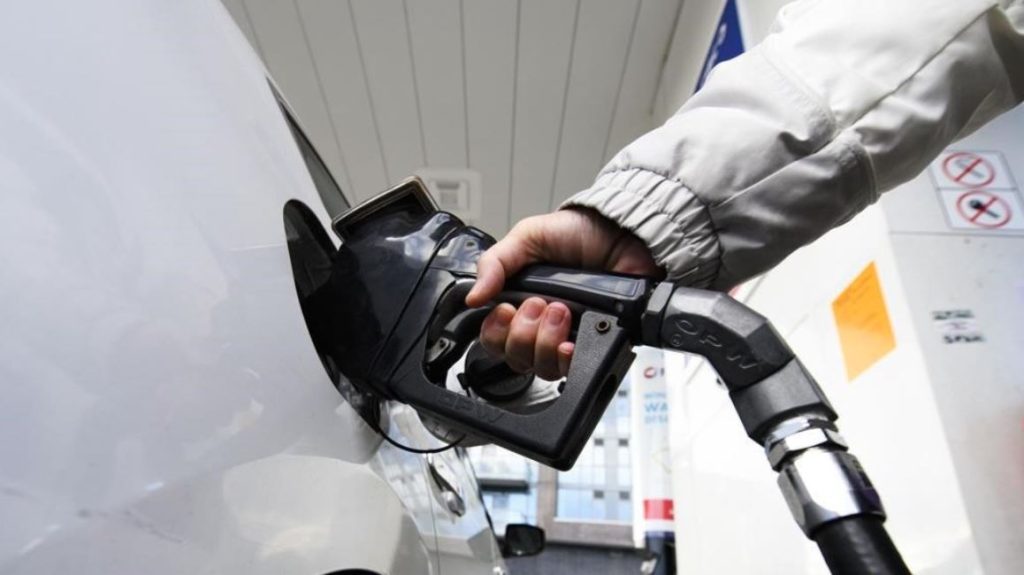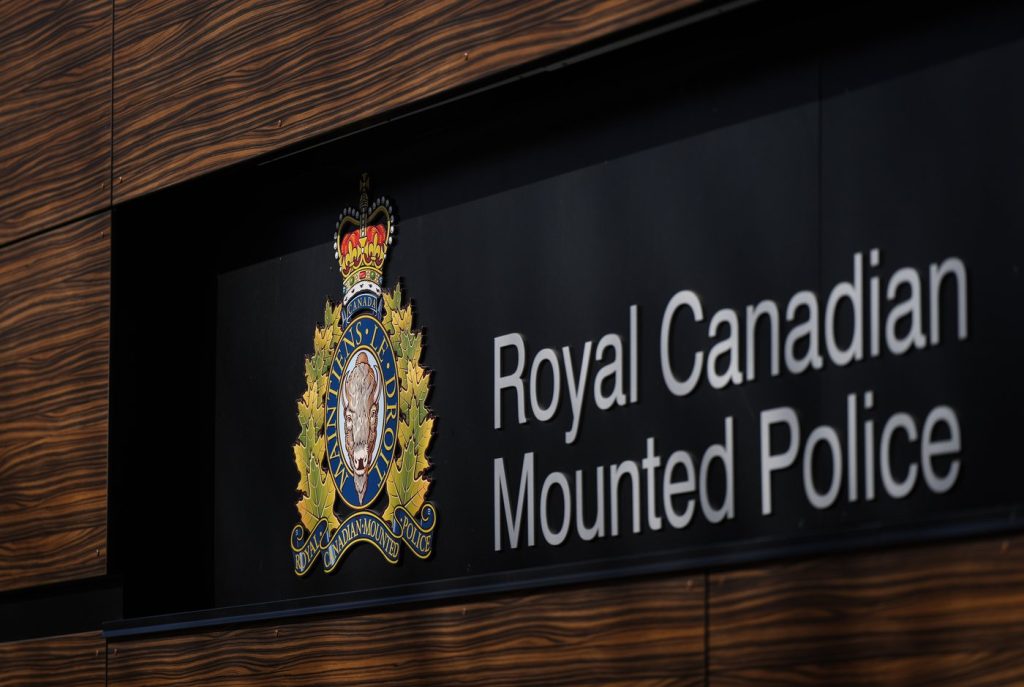New drone regulations in effect this month
Posted Jun 2, 2019 01:57:22 PM.
This article is more than 5 years old.
Starting June 1, there are new regulations for who can fly a drone, and where.
“Everybody's flight certificates turn into a pumpkin. It's a whole different set of regulations now,” says Trevor Bergmann, CEO of Aerovision Canada and director on the board of Unmanned Systems Canada.
The biggest change according to Bergmann is that everyone flying a drone that weighs over 250 grams must have a certificate.
“There's either basic or an advanced certificate, and it all depends on what you're flying and where you're flying it,” he tells NEWS 95.7's The Sheldon MacLeod Show.
If you have a drone — even recreational — chances are this applies to you.
“For those people who said at Christmas time, 'I just bought a drone for little Timmy and Jane to fly in the backyard',” says Bergmann. “Well you can't really do that anymore, as easy as you'd like to think.”
When the new regulations come into effect, police will be able to hand out tickets to those who don't have a license.
“They're now authorizing them to give tickets on the spot,” Bergmann says. “A $250-$1000 ticket, no questions asked.”
The drone enthusiast says there have been mixed reactions to the new regulations.
“A lot of the hobbyist enthusiasts are having an issue with it because there's a bit of angst over writing the test,” Bergmann says. “People who have been doing this a long time, they were told that you will need to have a certificate.”
The changes also mean stricter regulations on where people can fly their drones.
“If you want to fly a drone in the middle of Halifax International [Airport], you're going to have to go through a ton of work to get that approval,” Bergman explains. “Because even though you have an advanced licence doesn't make it approved to fly in certain airspace.”
Bergmann says companies like his fly specific types of drones that are pre-approved to be flown in restricted airspace.
“We used to talk about recreational versus commercial,” he says. “Now we don't really care what you're doing with it, we care about what you're flying or where you're flying it.”
The June 1 changes also bring stricter regulations on 'drunk droning.'
“The standard was eight hours, if you were going to have to have a drink to go flying,” Bergmann adds. “It's now 12 hours 'bottle to throttle.'”
Companies like Aerovision offer courses on drone flying to get people ready for certification, says Bergmann.
“We offer courses, we offer all the flight reviews,” he says. “To get anybody up and off the ground, whether it's for fun or for business.”
Bergmann says drone enthusiasts are part of the ongoing conversation with Transport Canada about regulation changes to make drones safer for everyone.
“Traffic management is an issue, beyond line of sight is another big issue and one that we are pushing for this year for approvals,” he says. “There's a lot of complexity that's gone into what used to be build in your basement, fly at the park. Now it's a huge industry.”








